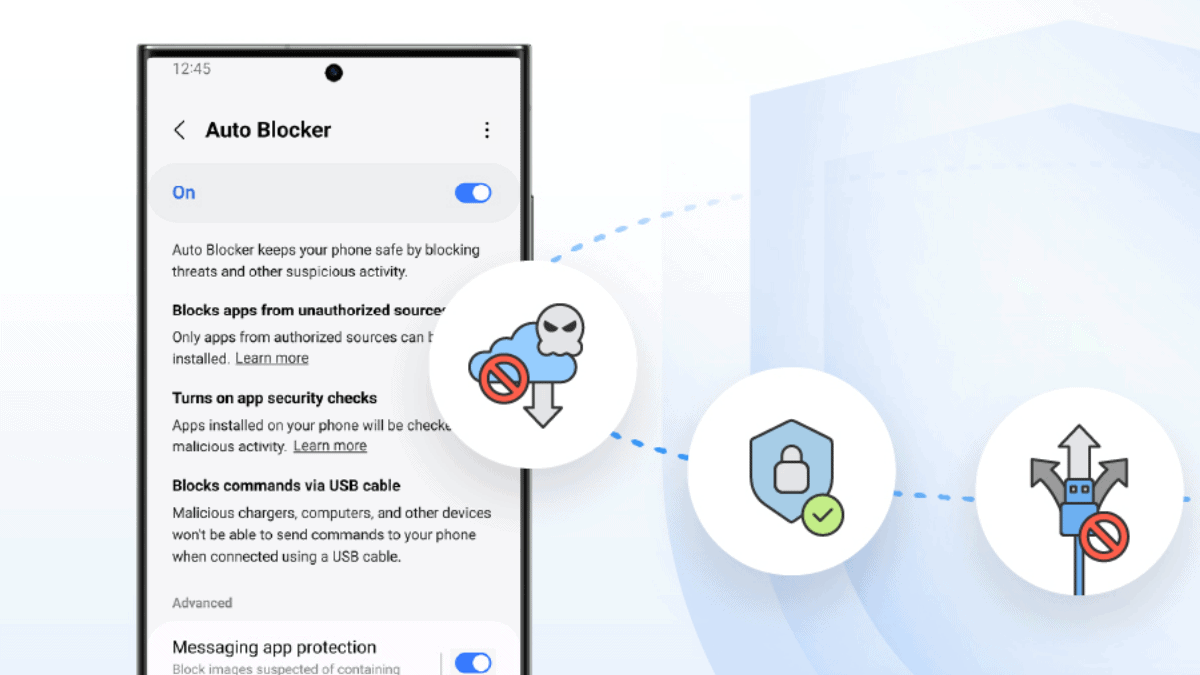
Epic Games vs. Google: New Lawsuit Details and Samsung's Involvement Explained
Months after securing a victory in its antitrust case against Google, Epic Games has filed another lawsuit against the tech giant, now expanding its allegations to include Samsung. The video game developer, best known for Fortnite, has accused Google and Samsung of colluding "to block competition in app distribution on Samsung devices."
The Allegations: Google and Samsung's 'Auto Blocker' Feature

At the heart of this new lawsuit is Samsung's 'Auto Blocker' feature, which is allegedly activated by default on all Samsung devices. According to Epic Games, this feature prevents other app stores from competing with the Google Play Store. In a blog post on Monday, September 30, Epic stated: “Auto Blocker is the latest in a long series of dealings in which Google and Samsung have agreed not to compete to protect Google’s monopoly power.”
Epic Games further emphasized that Auto Blocker ensures that the Google Play Store remains the primary and often only way to install apps on Samsung devices. This, they argue, stifles competition and makes it nearly impossible for other app stores to compete fairly.
DISPLAY YOUR ADS - Contact UsHow Samsung is Involved
Samsung plays a pivotal role in this lawsuit because its devices are one of the most widely used Android platforms globally. By allegedly enabling Auto Blocker on all its devices, Samsung is accused of aiding Google in maintaining its dominant position in the app distribution market. This claim by Epic Games highlights the growing concern over the lack of competition and how two tech giants may be working together to maintain control over the Android app ecosystem.
Epic Games’ Ongoing Legal Battles
This lawsuit marks yet another chapter in Epic Games’ ongoing legal struggle against Google. Previously, Epic filed lawsuits against both Google and Apple, accusing them of monopolistic practices in their respective app stores. These legal actions are part of Epic's larger mission to push for fairer competition and more open ecosystems for app developers.






0 Comments